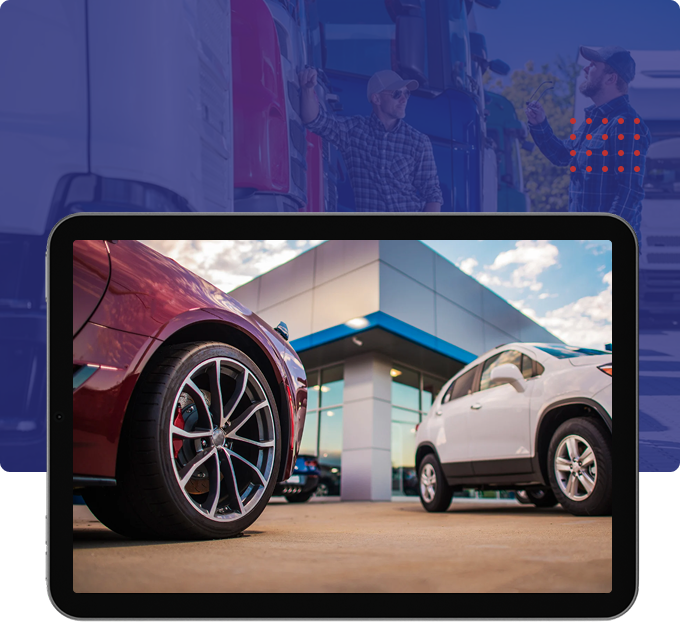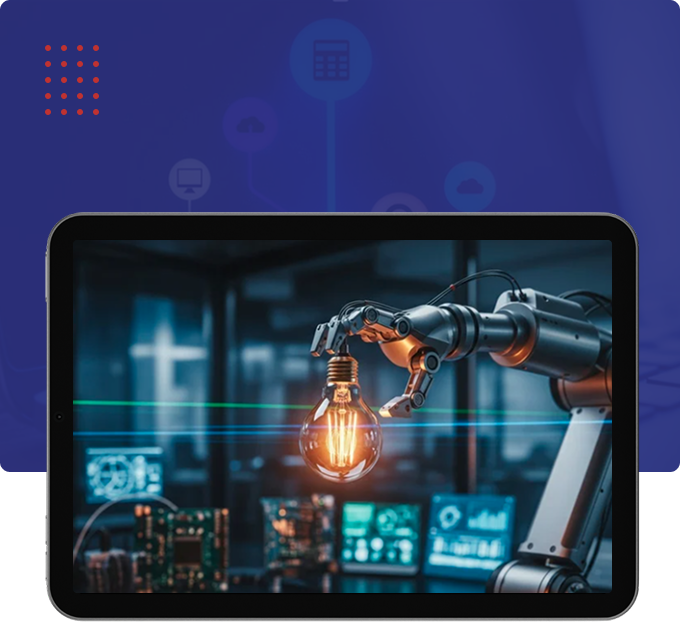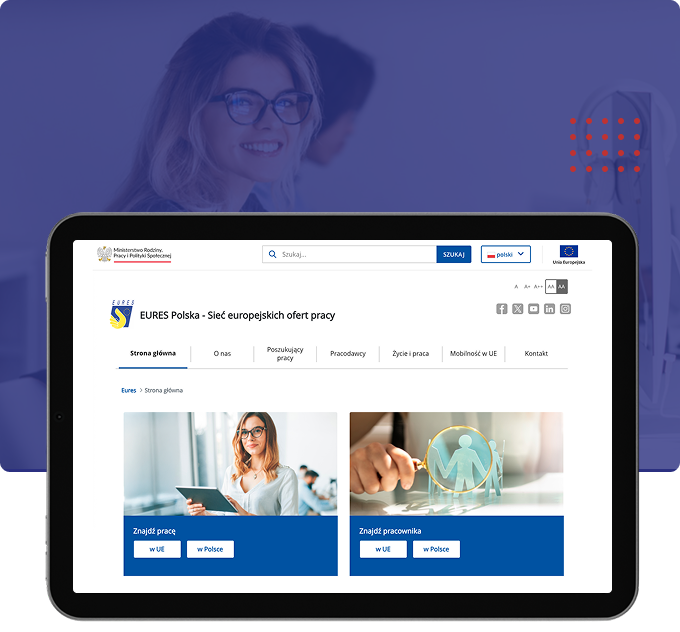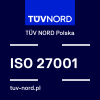What was the business need?
By automating your aftersales business processes, our CRM solution will not only improve indicators
related to payment delays and ensure ISO compliance, but also enhance the quality of your customer
relations and task billing. This will lead to a significant boost in efficiency and productivity,
empowering your team and motivating them to achieve even more.

What was the challenge?
The processes used Excel files on shared resources. Task files were generated daily or every few days depending on the process. Feedback from tasks performed was placed in the same
files. Most of the data entered into the files was in unstructured form. In connection with the growth of the organization and thus the increase in the number of cases handled, the following problems arose:
- Inability to report on tasks
- Lack of ability to measure the effectiveness of processes
- There was a significant increase in the number of errors in after-sales service
- Large communication problems between employees were noticed
- The onboarding time of new employees handling processes was significantly above the expected time, resulting in low productivity with high turnover.
What was the solution?
The solution consisted of designing and implementing a CRM-class solution integrated with the client’s current systems.
The solution included the implementation of:
- Customer file module, which pulls data from the existing ERP system on an ongoing basis
- Implementation of a vindication process that automates the work between the controlling department, customer service and the telephone customer service office
- Implementation of a complaint management process with built-in controlmechanisms to meet the quality indicators defined in ISO
- Implementation of a multi-channel contact center class module supervisingactivities related to contact with customers
- Preparation of managerial dashboards and custom reports
- Implementation of a product module integrated with the existing ERP system.
The solution has a multi-level authorization system to ensure data confidentiality







